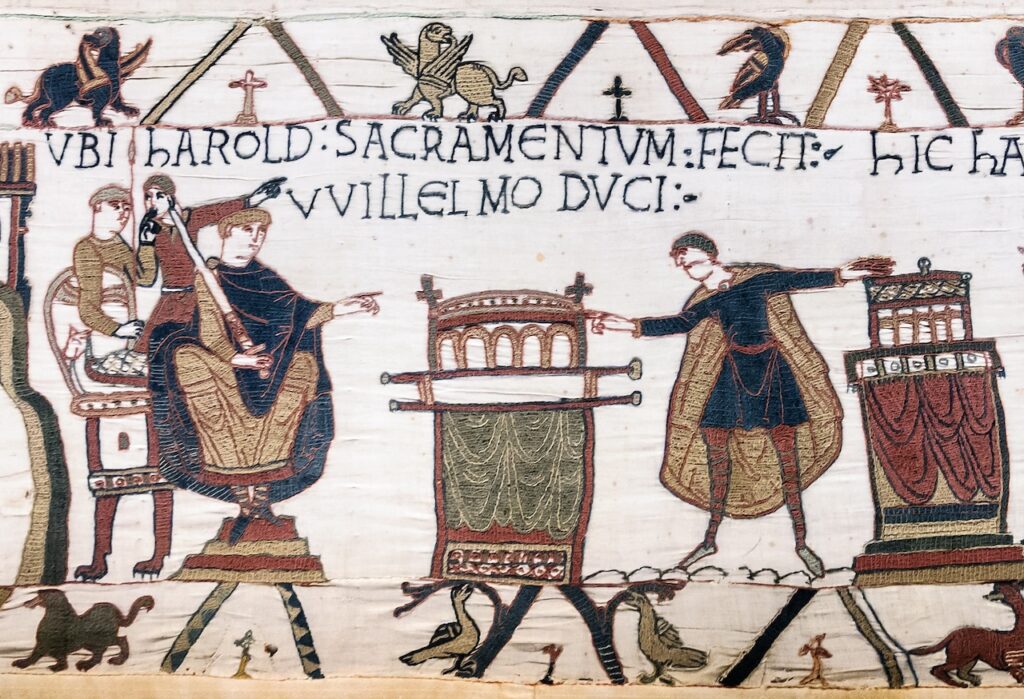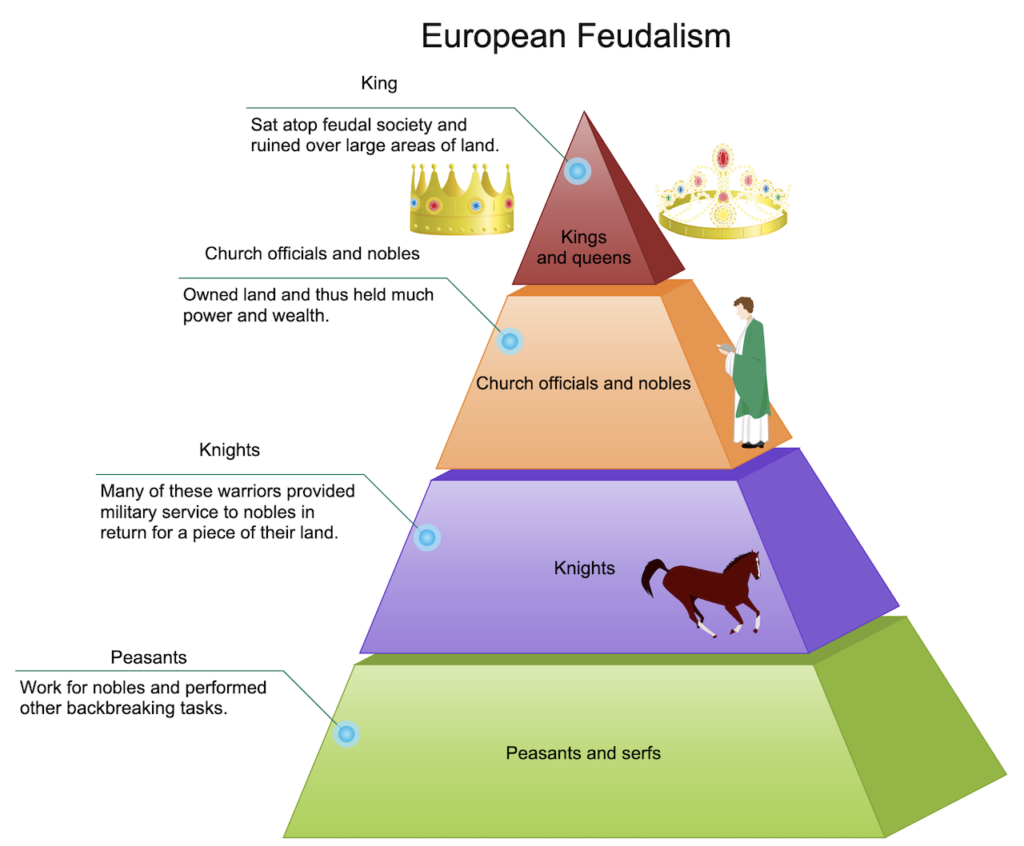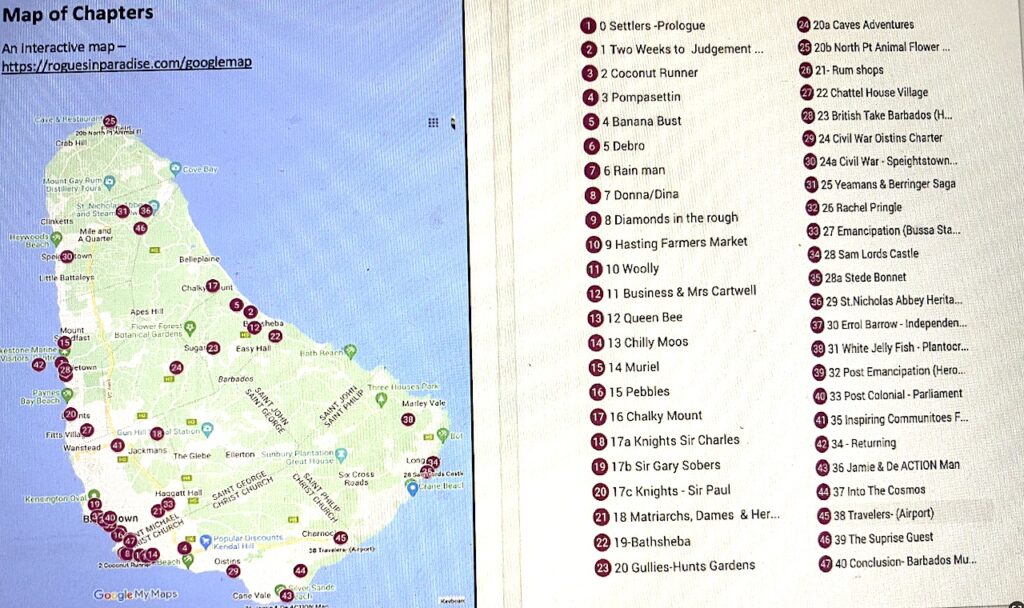Landownership and Social Hierarchies
Barbados, often celebrated for its vibrant culture, endless beaches, heritage, and history, has a complex history that reflects the island’s unique blend of African, European, and Indigenous influences. While much of this history is rooted in the legacy of colonialism, there is also a lesser-known connection to the medieval European system of feudalism. This blog explores how feudal practices of landownership and social hierarchy were essential influences in Barbados during the colonial period. This class-driven ideology created the island’s society in ways that continue to resonate today.
The Transplantation of Feudal Ideas to Barbados
When European settlers arrived in the Caribbean, they brought with them more than just their customs and religion—they also introduced a feudal mentality that placed great emphasis on land ownership as the primary source of wealth and power.

This led to the establishment of large plantations in Barbados, where land was concentrated in the hands of a few wealthy elites, much like the feudal lords of medieval Britain. These plantation owners controlled vast tracts of land, which they worked using the labor of enslaved Africans. The plantations functioned as self-contained units, similar to feudal estates, where the owner exercised near-absolute authority over the land and the people who lived and worked on it.
Landownership and Social Hierarchies in Colonial Barbados
The concentration of land in the hands of a few elites created a deeply stratified society in Barbados, where social status was closely tied to land ownership and racial identity. At the top of the hierarchy were the plantation owners, who held economic power and significant political influence. Below them were the overseers and managers, often drawn from the lower ranks of European society, who enforced the harsh labor regimes that kept the plantations running.
The vast majority of the population, however, were enslaved Africans who had little to no rights and were treated as property rather than people. Their position in society was similar to that of the serfs in medieval Europe, who were bound to the land and their lord, with few opportunities for social mobility. Even after the abolition of slavery in 1834, the legacy of this system continued to shape Barbadian society, as many freedmen found themselves working the same land under exploitative conditions, now as tenant farmers or low-wage laborers.
The Legacy of Feudalism in Modern Barbados
This feudal-like system of landownership is still evident in Barbados. Despite the island’s progress and development, land ownership remains a sensitive issue, with large estates often still held by descendants of the original plantation families. This concentration of land and wealth has contributed to ongoing economic disparities, particularly in rural areas, where opportunities for social mobility are limited.
Moreover, the social hierarchies established during the colonial period have left a lasting impact on Barbadian society. The divisions between the elites and the working classes, initially drawn along racial lines, continue to influence social and economic relationships on the island. This has shaped not only the distribution of wealth and resources but also the cultural and political dynamics of modern Barbados.

See later feudal chart shower the church and trade: https://roguesinparadise.com/history-and-influence-of-feudalism-in-barbados/
Peasant Revolts and the Decline of Feudalism
Back in medieval Europe, the very foundations of feudalism began to crumble in part due to the rising discontent among the lower classes. Uprisings occurred throughout the second half of the 14th century, culminating in the famous Peasants’ Revolt of 1381. This rebellion was a pivotal moment in the history of England, as the Peasantry challenged the oppressive feudal system. Although King Richard II managed to diffuse the revolt temporarily, even reinstating serfdom afterward, the tide had already turned. The revolt marked a significant step towards the eventual demise of the feudal system, as peasants’ rights gradually expanded, eroding the rigid social hierarchies that had dominated Europe for centuries. The earlier Magna Carta of 1215 had already begun to limit the absolute power of the monarchy, planting the seeds for more significant social changes that would unfold over the following centuries.
The Book – Rogues in Paradise
Understanding the impact of feudalism on Barbados provides valuable insight into the island’s complex history and colonialism’s legacy. This is well documented in the Book Rogues in Paradise, written by Ian R Clayton, founder of Barbados.org.

Rogues in Paradise is the Story of Barbados People. A compelling narrative unraveling the complex history of slavery, race, class, and culture on the island. It reveals the indomitable spirit of its people. Through vivid storytelling and keen insights, the book explores how Barbadians’ resilience and unbeaten character have shaped the island’s identity from colonial times to the present.
Grab your Free sample chapters of Rogues in Paradise: https://sample.roguesinparadise.com
Lean more about the book, see barbados.org blog
Find your ideal Barbados accommodation...






